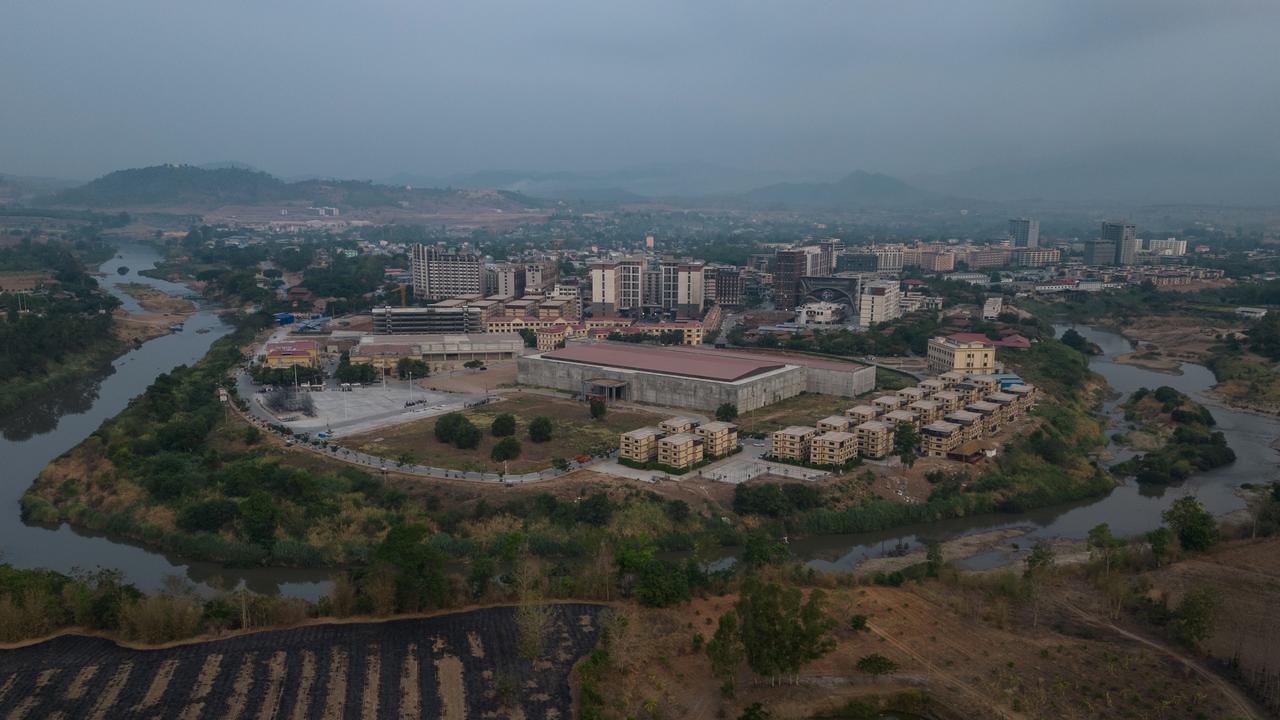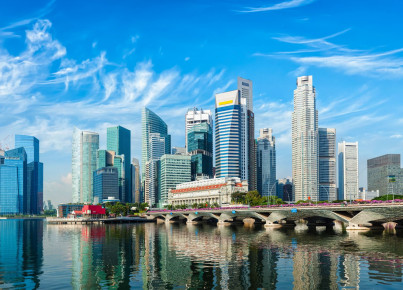This is how Southeast Asian countries are trying to counter the phenomenon
Article by Francesca Leva
A phenomenon that has emerged in Asia, specifically in South-East Asia, since the outbreak of the COVID-19 pandemic is the one of the so-called “Scam Cities”. A UN Office on Drugs and Crime report estimated that “the scam industry is earning criminal groups the equivalent of billions of US dollars.” Moreover, these earnings are comparable to the gross domestic product (GDP) of certain countries in the region. The study indicated that in an undisclosed Southeast Asian nation, conservative estimates placed the scammer's earnings between US$7.5 billion and US$12.5 billion, which is nearly half of that country's GDP in 2021.
The victims of this human trafficking activity are typically young citizens from China Mainland, Hong Kong, Taiwan, Thailand, the Philippines, and other Southeast Asian countries. However, as this activity expands, more and more victims are recruited from India, Africa, and Latin America. With the promises of a profitable new career - as well as VISAS, paid flights, and proof of accommodation – individuals are lured into moving to a new country to pursue a promising career. However, upon arrival, the victims are then directly transferred to prison-like compounds, usually located outside casinos or on the outskirts of the cities. There, individuals are turned into prisoners and forced to buy their freedom back by working for the owners of these activities. The illegal activities individuals are forced to undertake vary from online scams for money, romance-investment scams, crypto fraud, money laundering, and illegal gambling. Phil Robertson, Asia director for the advocacy group Human Rights Watch, declared that: “The litany of rights violations are shocking, including false recruitment, stripping people of their passports and other identity documents, abductions and trafficking, confinement, debt bondage, forced labor, physical beatings, and sexual abuse”.
Police authorities identified some hotspots in the eastern Shan State in Myanmar, situated adjacent to China in the northern region, along with various locations in Cambodia such as Poi Pet, Sihanoukville, and Svay Rieng, as well as other sites, including those in the Philippines and the Golden Triangle Special Economic Zone in Bokeo, northwest Laos. However, many of these cities are located alongside or in the Special Economic Zones (SEZs), which, due to the relaxed regulation devised to attract investments, turn into lawless areas controlled by private security firms, over which local police have no control.
Interestingly, this phenomenon poses a threat to China for both internal policy reasons and cross-border security, making it a geopolitical issue. For the former, gambling has been outlawed by the Communist Party since 1949, both in China and abroad: engaging in any type of gambling, including online gambling, gambling outside the country, or establishing casinos abroad to target Chinese nationals as main clientele specifically, is deemed unlawful. This is mainly due to the fact that Beijing considers capital outflows and illegal gambling as a threat to its social stability. This has transformed Asia’s gaming industry: most of the casinos that opened in Southeast Asia were explicitly opened to attract Chinese citizens, and this strategy has proven to be effective: every year, almost 1trn yuan ($144bn) leaves China for gambling purposes, and an estimated fifth of outbound flights from China is for gambling trips. In the SEZ along the Chinese border, the business is flourishing: Golden Triangle Special Economic Zone in northern Laos is the Kings Romans Casino is controlled by Zhao Wei, a Chinese national who craftily devised its activities as “patriotic.” Jason Tower, country director for Myanmar at the United States Institute for Peace, declared: “A lot of these individuals set up patriotic associations overseas and try to demonstrate, in a very public manner, allegiance to Communist Party initiatives – and they fund those initiatives […], they extend the reach of the international front on Taiwan issues. They go after Westerners who criticize China on Xinjiang or Tibet. And they’re making it difficult and costly for the state to crack down because it would mean making some of the Chinese state initiatives look bad.”
In Myanmar, fraudulent hubs are overseen by local militias in collaboration with the military junta governing the nation, fostering a symbiotic relationship that yields benefits for both sides. Situated near the Chinese border, these hubs endanger Chinese nationals drawn to them and pose a threat to cross-border stability, leading to mounting impatience from China. This discord creates an opportunity for dissenting factions within Myanmar, as opposed to military authority, to eliminate these fraudulent hubs—as witnessed in October 2023—and convey solidarity to China. This alignment could potentially translate into future backing from China, shaping the course of the civil conflict in Myanmar.






